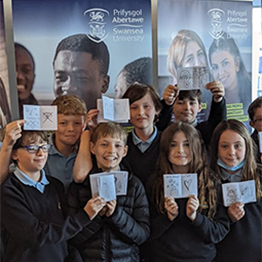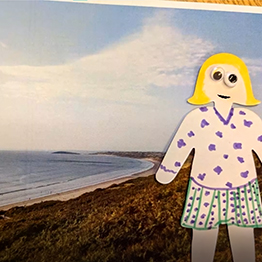Project Overview
Understanding the Impact of Narratives and Perceptions of Europe on Migration and Providing Practices, Tools and Guides for Practitioners
This project has received funding from the European Union’s H2020 Research & Innovation Action under Grant Agreement No 833870.
The PERCEPTIONS project examines how Europe and the EU are seen by people who have immigrated there or intend to do so and how such perceptions impact migrant behaviour. It examines what perceptions of Europe exist among migrants, refugees and asylum seekers, how they are formed, whether they correspond to reality and how they influence migration decisions. The project further examines how the flow of information could be distorted and whether inaccurate information could lead to a threat to the security of migrants (e.g. through dangerous border crossings) or even national security (e.g. through radicalisation). Building on these insights, the project team creates toolkits of creative and innovative measures to react or even counteract on distorted information, considering social, societal and structural aspects, provided on an intuitive web platform.
Project Objectives
The main objectives of the PERCEPTIONS project are to (1) identify narratives, images and perceptions of Europe abroad, (2) to investigate how different narratives could lead to problems, expectations that do not meet reality, threats to migrants or host countries in what way; and (3) to create toolkits of creative and innovative measures to react on harmful narratives, considering social and structural aspects. Thus, the following seven objectives have been defined.







